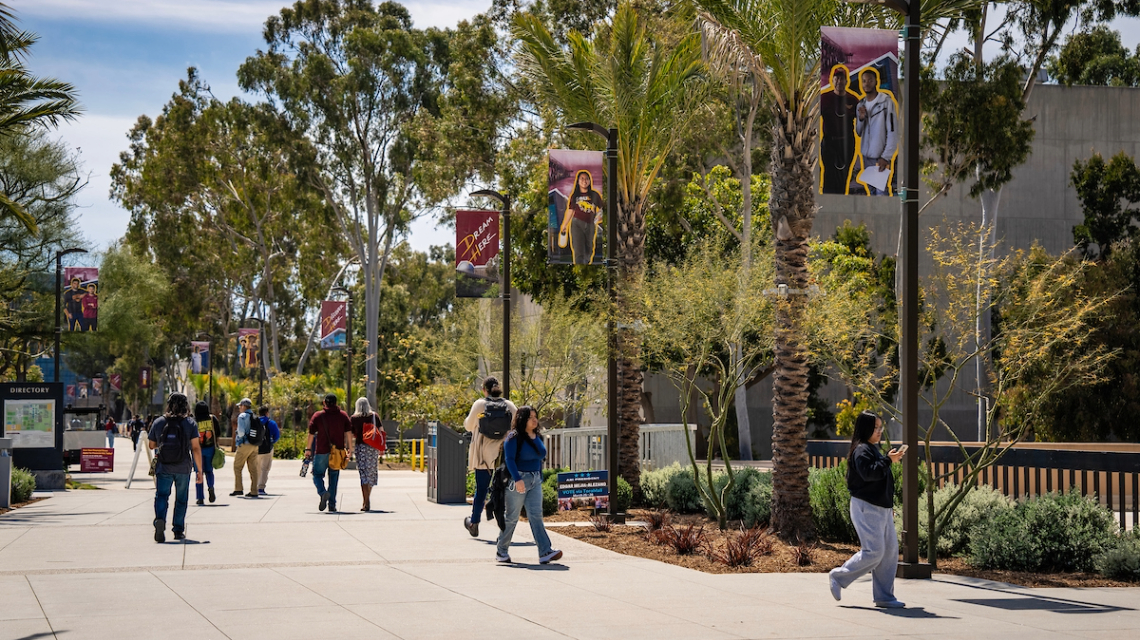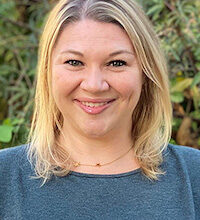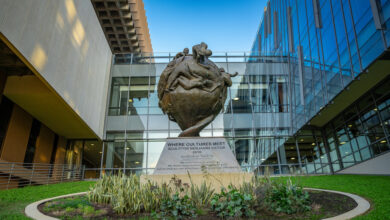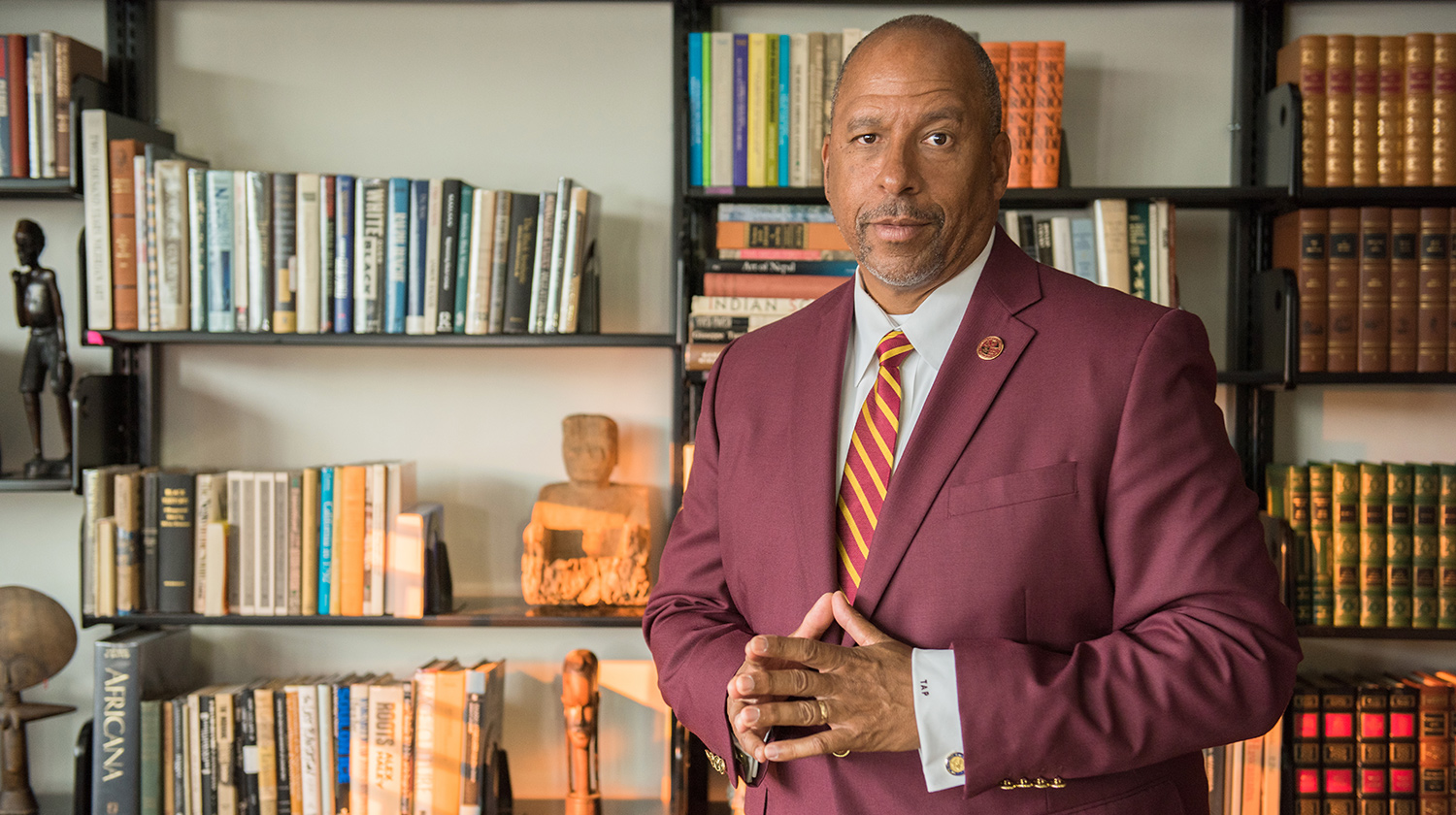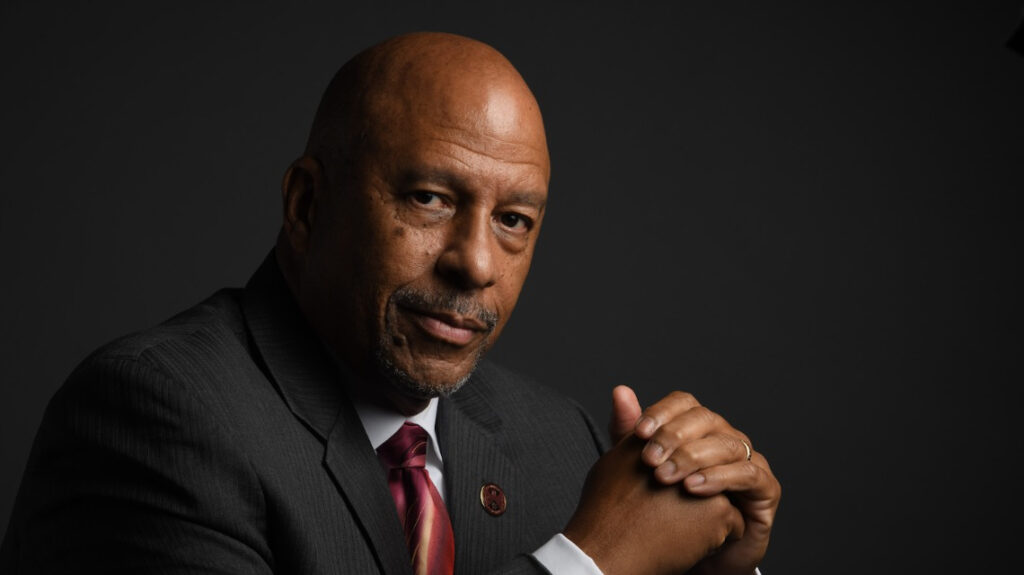
Source: L.A. Sentinel
The Supreme Court of the United States (SCOTUS) issued three rulings last week that evoked dread and disappointment throughout the nation.
Over the course of two days, the court’s conservative majority decreed affirmative action in higher education unconstitutional, the Biden administration’s student loan relief program illegal, and a firm’s refusal to conduct business with same sex couples permissible.
Most observers agree that African Americans will be negatively impacted by all the rulings, especially the SCOTUS’ determination that institutions cannot implement race-conscious admissions policies to help build diversity on their campuses, even though the practice had been followed for more than 60 years.
In the 1960s and 1970s, many colleges developed affirmative action plans to address the fact that many predominantly White schools struggled to attract people from historically disadvantaged and underrepresented communities. Policies were also created to promote greater inclusion of women.
Since the late 1970s, the Supreme Court had three times upheld affirmative action in college admissions on grounds that institutions have a compelling interest to address past discrimination that shut nonwhite students out of higher learning. Justices had also agreed with arguments that more diverse student bodies promoted cross-racial understanding.
But, on June 29, the court’s six conservative justices concurred with the conservative plaintiff that the U.S. Constitution forbids the use of race in college admissions. However, L.A.-area college educators strongly criticized the ruling.
“As a university president committed to transforming lives that transform America, I am disgusted, but not surprised, by the Supreme Court’s decision. Affirmative action programs in universities and colleges have been the springboard that gave many students of color an opportunity to shine when their talents remained more latent than visible using traditional metrics,” said Dr. Thomas A. Parham, president of California State University, Dominguez Hills.
“Declaring such programs unconstitutional is not only devastating to institutions nationally; the callous decision rendered by six conservative justices gut-punched the hopes and dreams of current and future generations of students,” stressed the longtime college administrator, licensed psychologist, prolific author and video producer.
Dr. Maulana Karenga, professor and chair of the Department of Africana Studies at California State University-Long Beach, also firmly rebuked the verdict, describing it as a “racist ruling” that reduces “rightful access and opportunities for Black and other students of color” to higher education and economic empowerment in life.
Outlining the implications of the ruling, he said, “This imposes on colleges and universities and medical and law schools a heightened responsibility to increase their commitment to diversity, equity and inclusion with an added emphasis on justice for the students and their communities.
“This will include increased outreach and recruitment and expanded programs for retention, support and successful graduation. But it will also mean that students and our communities, in order to ensure its effective implementation, must hold these educational institutions accountable through righteous and relentless struggle,” insisted Karenga, who is also and author, activist and creator of the Kwanzaa holiday.
Despite the heavy lift that minorities face because of the court’s action, both educators offered advice and strategies to reduce the effect of the ruling on African Americans and students of color. In fact, Parham urged people to “move past this moment of emotional catharsis” and to remember that a “movement that is built on truth and righteousness” will defeat “any unjust law, policy, or practice.”
Urging the community to act, Parham declared, “Now is the time to stand-up, speak out, and advocate for authentic change to institutional access, employment opportunities, and an end to biased public policies and practices that keep Africans and other POC (people of color) from realizing the full measure of their promise and possibility.”
Karenga recommended that Blacks maintain tenacity in the campaign for equality, and “remember, this is not the end of our life or our struggle. Indeed, we have clearly weathered worst winters of White racism and supremacy.” Citing the community’s weapons, he noted, “Our adaptive vitality, resilience and resourcefulness are legendary and long lasting.”
The professor added, “This racist ruling is a reaffirmation of our ongoing need to expand our political education, mobilization, organization and confrontation at every level. Colleges and universities, law and medical schools, and corporations must be urged and compelled to continue and expand their equity, diversity and inclusion policies with added emphasis on justice.”
When it comes to intense oppression, Karenga concluded, “There is no reliable remedy except resistance; and no way forward except across the battlefield for a better world – a world of justly and equitably shared human good and the well-being of the world and all in it.”
The Associated Press contributed to this article.




